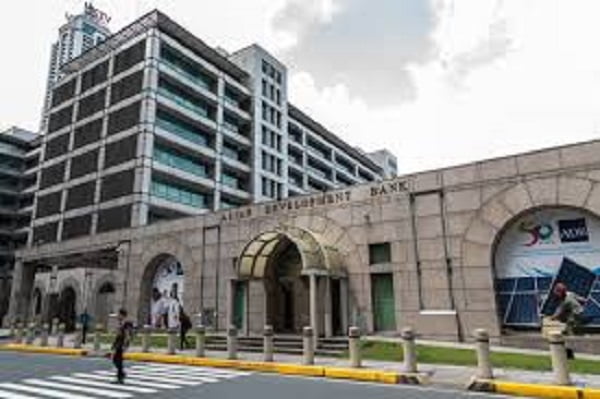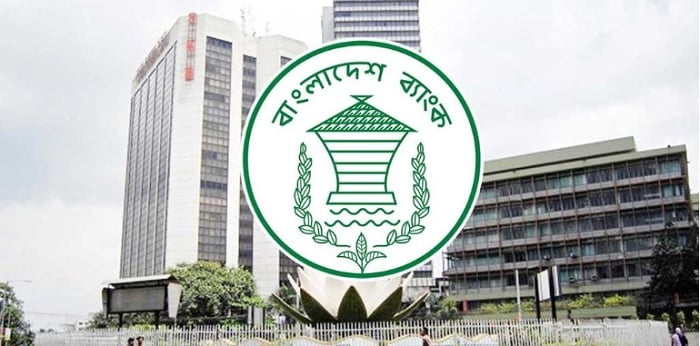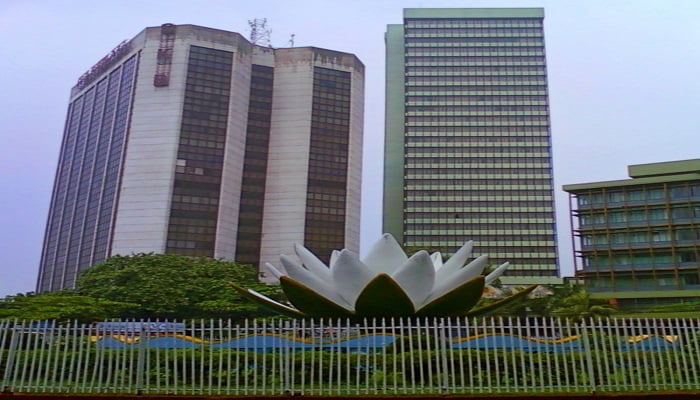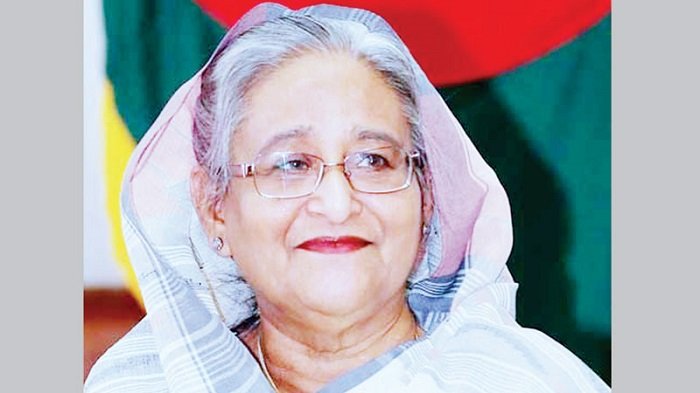Coronavirus pandemic could cost the world $4.1 trillion: ADB

Due to coronavirus The cost of the pandemic could be as high as $4.1 trillion, or nearly 5 per cent of global gross domestic product, the Asian Development Bank said in a report released yesterday.
A faster containment of the disease could limit the damage to $2 trillion, or 2.3 per cent of the world’s GDP, the Manila-based lender said in its Asian Development Outlook (ADO) report.
Developing Asia, including China, accounts for over one-third – 36 per cent – of the pandemic’s total cost, the report said.
“No one can say how widely the Covid-19 pandemic may spread, and containment may take longer than currently projected,” Yasuyuki Sawada, the ADB’s chief economist, said in the report.
“The possibility of severe financial turmoil and financial crises cannot be discounted,” he said.
The report forecasts regional growth in developing Asia at 2.2 per cent in 2020, down from 5.5 per cent ADB had forecast in September 2019.
Interestingly, the ADB forecasts a rosy picture about the Bangladesh economy without taking the Covid-19’s impacts into cognizance.
According to ADB, the Bangladesh economy is expected to grow at 7.8 per cent in the current fiscal year with less than three months in hands. It said Bangladesh’s output will be higher – 8 per cent – next fiscal year.
“The forecasts do not reflect the impact of the Covid-19,” said ADB on Bangladesh.
“Bangladesh economy continued to perform well despite the global economic slowdown. However, there exists a downward risk due to the Covid-19 global pandemic,” said Country Director Manmohan Parkash.
The ADB’s preliminary estimates indicate that about 0.2 per cent to 0.4 per cent of Bangladesh GDP may be lost due to spillover effects of the global Covid-19 pandemic.
“If a significant outbreak occurs in Bangladesh, the impact could be more significant. The outlook will be updated as more information becomes available,” said Parkash.
He said the ADB is committed to supporting and collaborating with Bangladesh to cope with and mitigate the impact of the Covid-19.
Appreciating the government’s recent interventions, Parkash said, “Addressing cash management challenges and broader resiliency issues due to Covid-19 related shutdowns and economic knock-ons could help minimise the impact on Bangladesh economy.”
The report said during the first eight months of the current fiscal year, Bangladesh economy showed strong performance with growing domestic demand, supported by a substantial increase in workers’ remittances.
Economic activity is expected to accelerate with higher government development spending; higher imports of liquefied natural gas, oil and construction materials; favourable power production, and government’s policy support to boost exports.
However, the Covid-19 pandemic could hamper such trend due to disruptions in export demands, suppressed consumption, and curbed remittances said the report.
The ADB said private consumption will continue to drive growth, aided by continued strong remittances, in next year.
“Private investment will revive on a stronger outlook supported by improvements in the business regulatory environment and enforcement of single-digit lending rates in banks. A planned rise in public investment in large projects should help expansion in domestic demand,” it said.
Inflation will stay in check in both years and is expected to slightly edge up to average 5.6 per cent this fiscal year on higher food prices as well as nonfood prices on account of higher domestic natural gas prices.
The ADO 2020 notes that low revenue mobilisation continues to be a key challenge for Bangladesh as it diminishes the country’s capacity to sustain high economic growth and reduce poverty.










